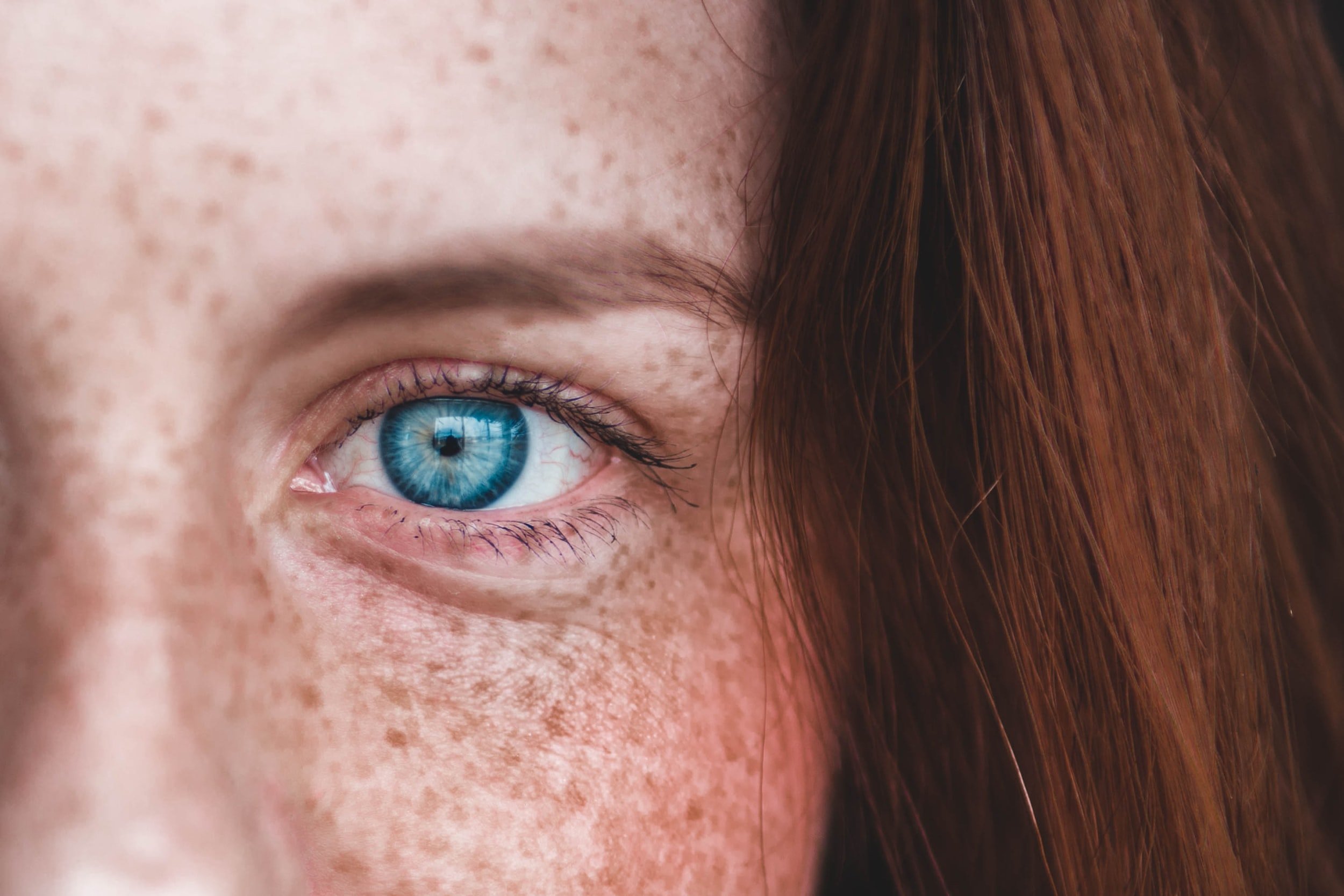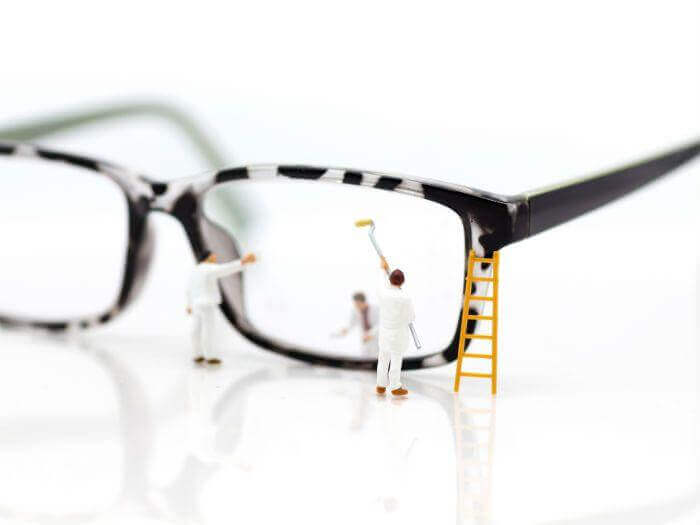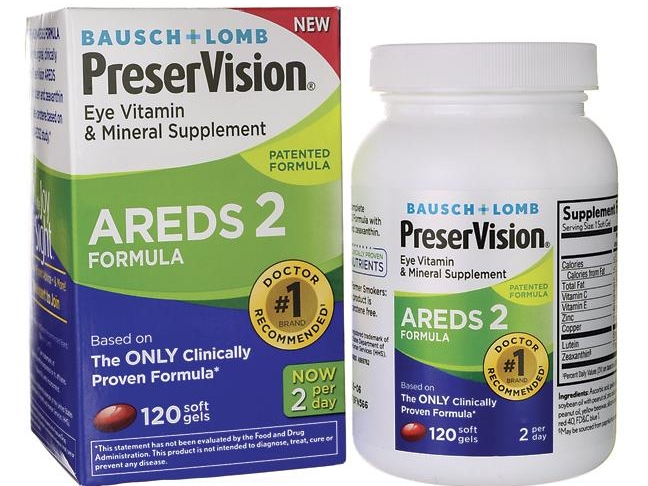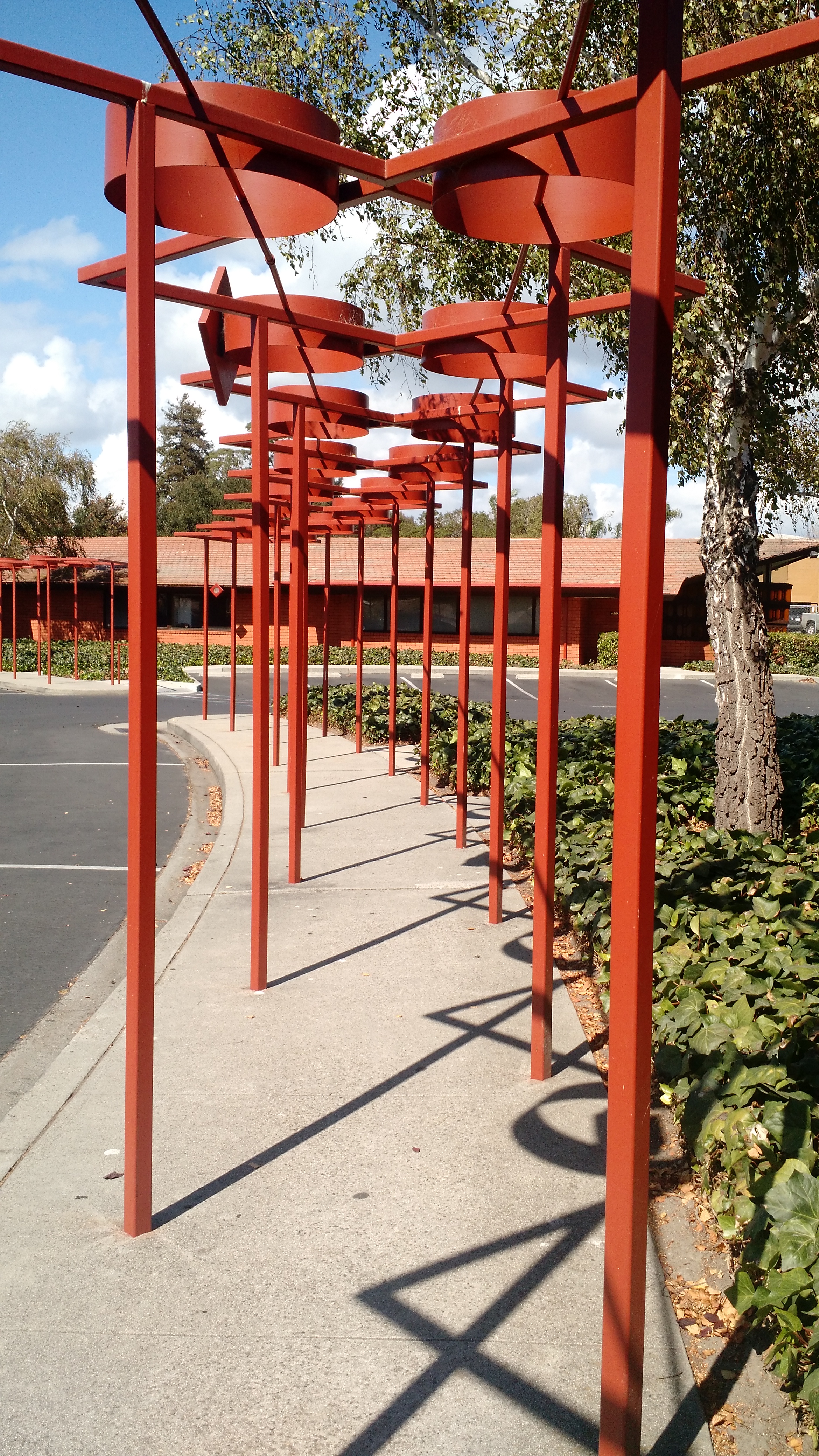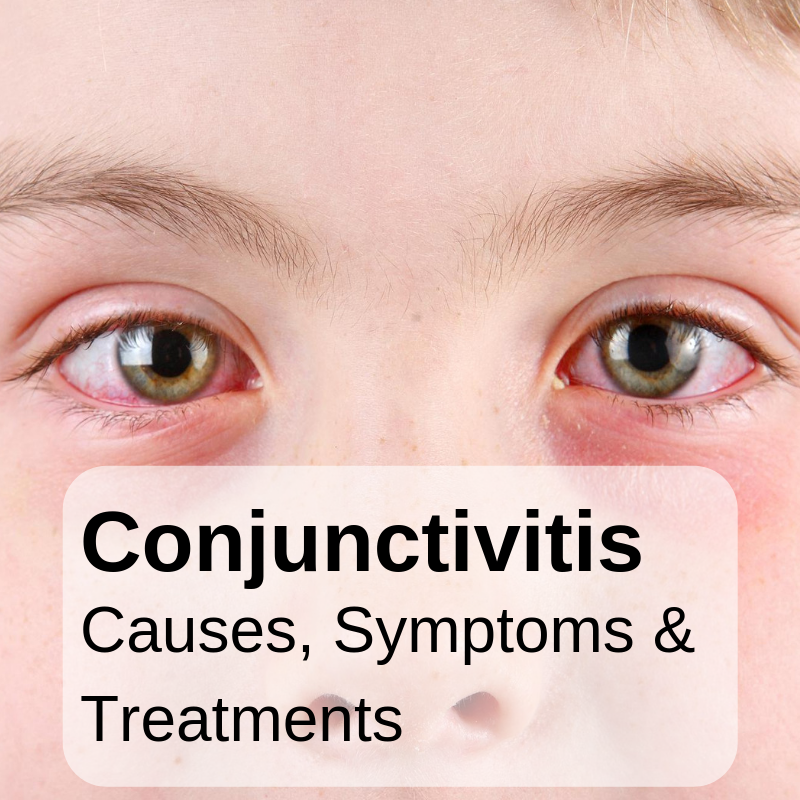Children’s Eye Care —Pediatric Vision
When it comes to the health of your children’s eyes, pediatric eye exams are crucial for lifelong healthy eyes and clear vision.
Certain ocular disease symptoms can be easy to overlook when kids are very young and you may not notice signs your child is developing lifelong vision problems —children’s eye exams let your pediatric eye doctor identify and treat these early vision problems before they can seriously affect their schoolwork and daily life down the line.
Vision changes can occur without your child or you noticing them; your kids’ eyes are still developing, so eye doctors for kids test them differently from adults.
That is why Midtown Optometry’s resident child eye doctor, Dr. Ayesha Burns provides specialized children’s eye care for a variety of congenital and developed eye conditions common in children.
Dr. Ayesha Burns, O.D.
Pediatric Eye Specialist
Midtown Optometry’s Dr. Burns is an expert pediatric eye doctor with extensive experience in children’s eye care, top-notch training and education from UC Berkeley, and a passion for working with kids.
Dr. Burns received additional training in the diagnosis and management of eye disease, including diabetic eye disease and glaucoma, during clinical rotations at Veterans Administration Hospitals in California and the Pacific Northwest.
At Midtown Optometry, Santa Cruz, Dr. Burns has specialized in pediatric vision as well as specialty contact lens fittings including scleral lenses.
Frequently Asked Questions
How Do I Tell If My Infant / Child Has Vision Problems?
You can quickly check for the following symptoms.
Symptoms that require urgent treatment from a physician:
White pupil(s)
Rapid swelling or drooping of one eyelid, accompanied by a red eye
Enlarged corneas in one or both eyes
Less serious conditions which still require attention by a specialist:
One or both eyes turning in or out
Tearing, redness, or discharge that lasts for several days
One pupil that appears larger than the other
Common red flags of potential eyesight problems in children:
Covering one eye when looking closely at a book or object
Suffering from frequent headaches
Asking to sit closer to the blackboard at school
Sitting too close to the television
Squinting or rubbing eyes excessively
Difficulty catching a ball
Not wanting to look at books
If you notice one or more of these symptoms, consider scheduling an appointment for your child with an eye doctor.
What Are The Most Common Child Eye Health / Vision Problems You Help Treat?
How Old Should Children Be Before Their First Eye Exam?
According to the American Optometric Association (AOA):
Even if no eye or vision problems are apparent, at about age 6 months, you should take your baby to your optometrist for his or her first thorough toddler eye exam.
Between the ages of 3 and 5, your child should have a thorough, in-person optometric eye examination to make sure his or her vision is developing properly and there is no evidence of eye disease.
From 6 to 18 years of age, your child should receive an eye exam once a year, or more frequently if they have specific vision or eye health
My Child’s Pediatrician Already Checked Their Eyes. Do Kids Really Need A Full Eye Exam?
We encourage you to schedule an appointment for your children even if you’ve already checked with a pediatrician.
Even if a child passes a vision screening, they should receive a comprehensive optometric examination if:
They show any of the signs or symptoms of a vision problem listed above.
They are not achieving up to their potential.
They are minimally able to achieve, but have to use excessive time and effort to do so.
How Long Will My Child’s Eye Exam Take?
A complete pediatric eye exam usually takes between an hour and a half to two hours.
The specific tests we conduct depend on your child's age, but generally the eye exam will cover vision testing, determining whether eyeglasses are needed, eye alignment testing, an overall eye health evaluation and, when needed, prescription of eye wear.
How Should I Prepare My Child For Their Pediatric Eye Exam?
Here are a few tips:
Schedule the appointment at a time of day that he or she is usually happy and alert.
Be ready early. Allow about an hour of extra time in case anything goes wrong.
Talk about the eye exam in advance and encourage your child's questions.
Explain the eye exam in terms your child can understand, comparing the E chart to a puzzle and the instruments to tiny flashlights and a kaleidoscope.
Are There Any Side Effects of the Pediatric Eye Exam?
Your child's eyes may dilate during the exam and remain dilated after the eye exam from up to 8 to 12 hours afterwards (eye dilation may last longer for some patients).
What Insurance Should I Prepare For My Child’s Eye Exam
More often than not, new patient exams for children are medical in nature and billed to your medical insurance and NOT your vision insurance.
We ask that you take some time to fully understand the coverage and benefits of your insurance.










